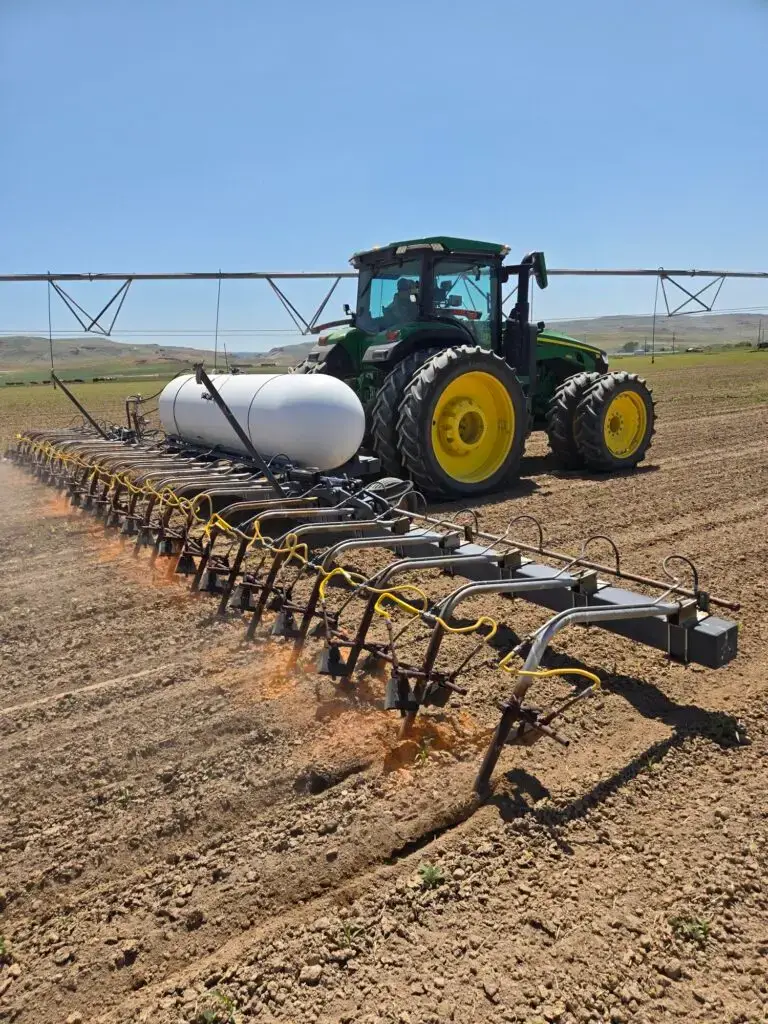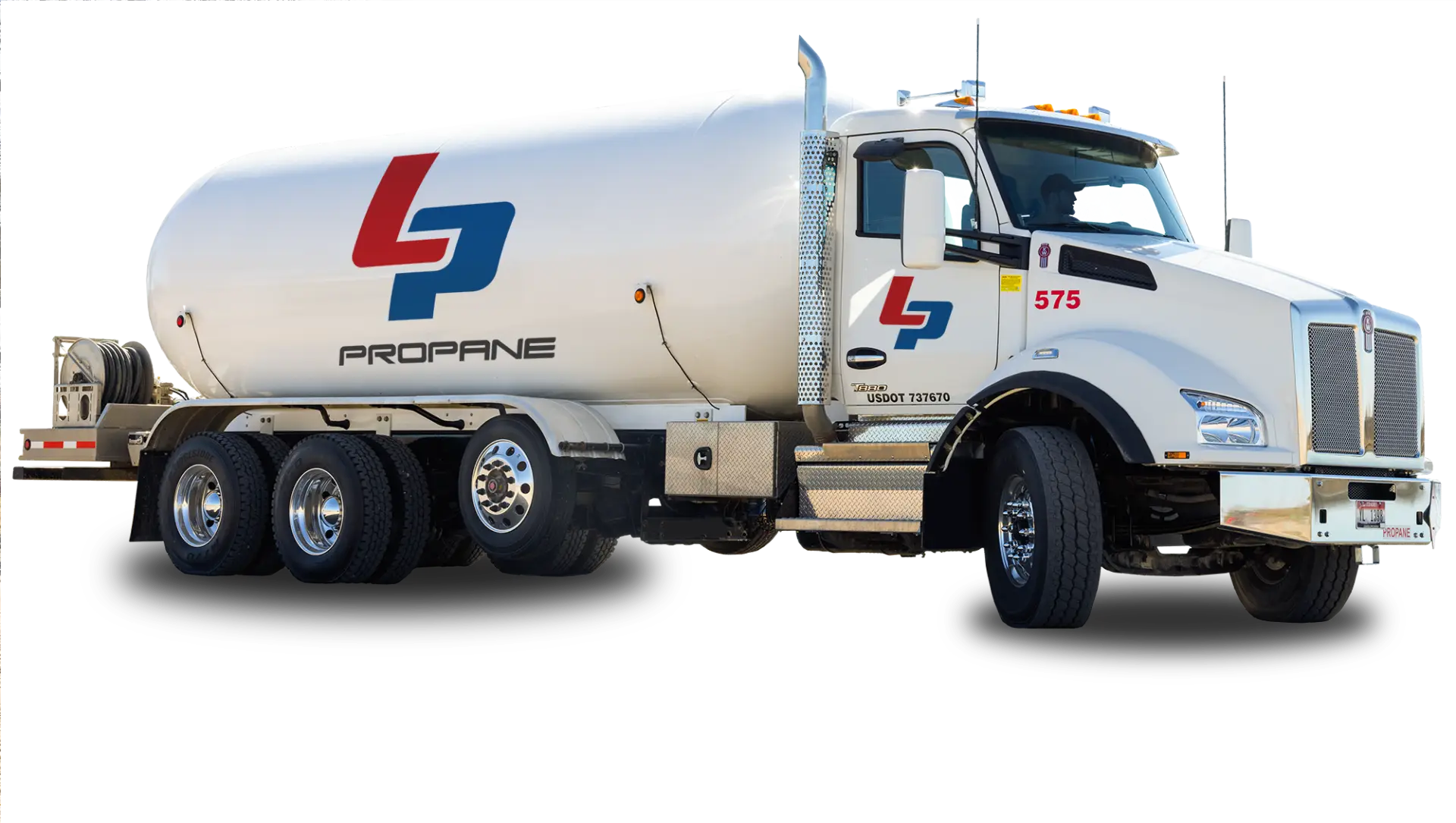
The Role of Liquid Propane in Green Energy and Sustainability
The Role of Liquid Propane in Green Energy and Sustainability With the world becoming cleaner and more responsible in their energy solutions many homes, businesses, and communities are still questioning the ways they energize their day to day lives. Although

